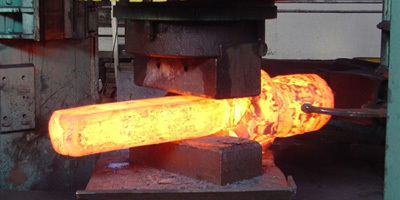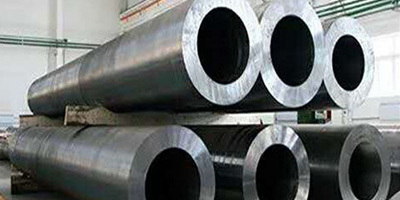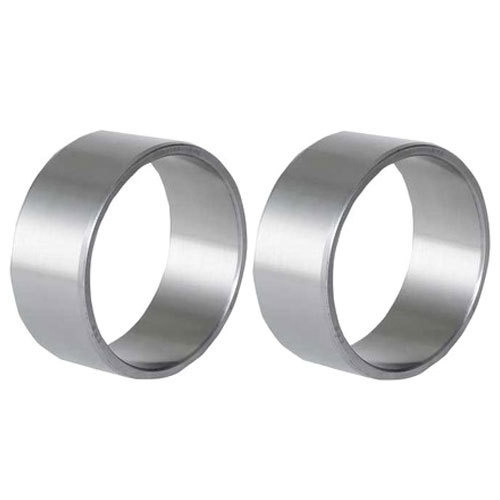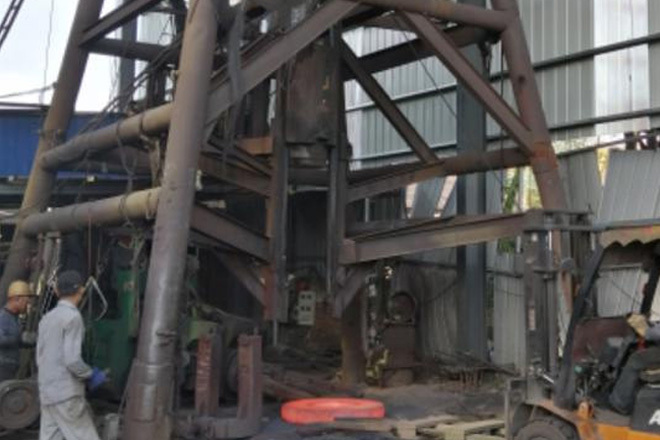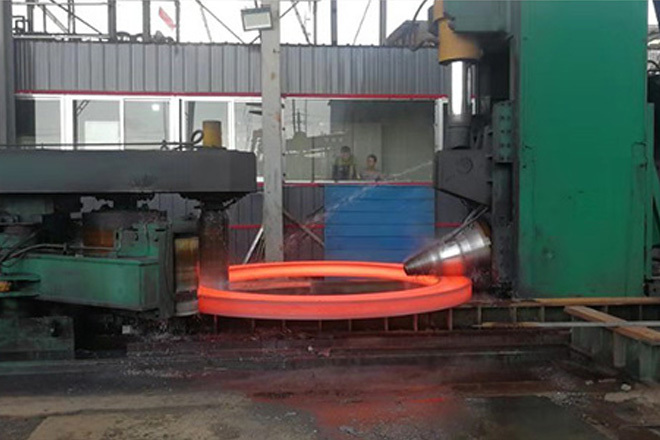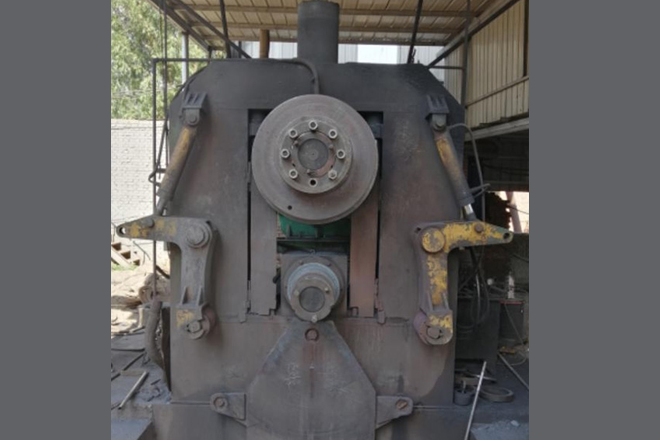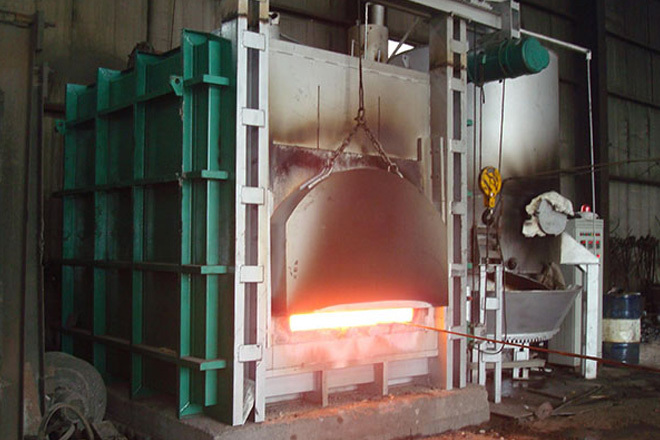
forging
Classification:
Product Introduction
Forgings - The Essence of Craftsmanship
Forgings, a crucial metal product in the industrial field, are widely used in key industries such as machinery, automotive, aviation, and shipping. Their manufacturing process is exquisite, embodying the skills and wisdom of craftsmen. Below, we will explore forgings and their related applications.
1. Overview of Forgings
Forgings are metal products made through the forging process. Forging is a method of processing metal by heating it to an appropriate temperature and applying pressure to induce plastic deformation, achieving the desired shape and size. Forgings have excellent mechanical properties, high dimensional accuracy, and surface quality.
2. Forging Production Process
1. Raw Material Preparation: Select high-quality metal materials, such as steel and aluminum.
2. Heating: Heat the metal to an appropriate temperature to reach the plastic state required for forging.
3. Forging: Apply pressure to the metal to induce plastic deformation, forming the desired shape and size.
4. Cooling: After forging is complete, allow the metal to cool naturally or perform water cooling.
5. Post-Processing: Conduct heat treatment, straightening, inspection, and other post-processing steps to ensure the quality of the forgings.
3. Applications of Forgings
1. Machinery Industry: Used to manufacture various mechanical parts, such as gears and shafts.
2. Automotive Industry: Used to manufacture key components such as automotive engines, transmissions, and suspension systems.
3. Aviation Industry: Used to manufacture key structural components such as aircraft engines, landing gear, and wings.
4. Shipbuilding Industry: Used to manufacture hull structures and ship power systems.
4. Advantages of Forgings
1. High Strength: Forgings undergo forging, resulting in continuous metal fibers, which provide high strength and toughness.
2. High Quality: Forgings have high dimensional accuracy and good surface quality, reducing the workload for subsequent processing.
3. Reliability: Forgings undergo strict inspection and testing to ensure their quality and reliability.
5. Conclusion
As an important metal product, forgings play a vital role in the industrial field. With the advancement of technology and the development of processes, the application range of forgings will become increasingly broad, playing an important role in promoting the national economy and social development. We should cherish this craft, inherit and promote its exquisite skills, and contribute to the development of industry.
Qualification Honor
Product Consulting
If you want to ask questions, we will send experts to contact you within one working day. Please leave your contact information.
